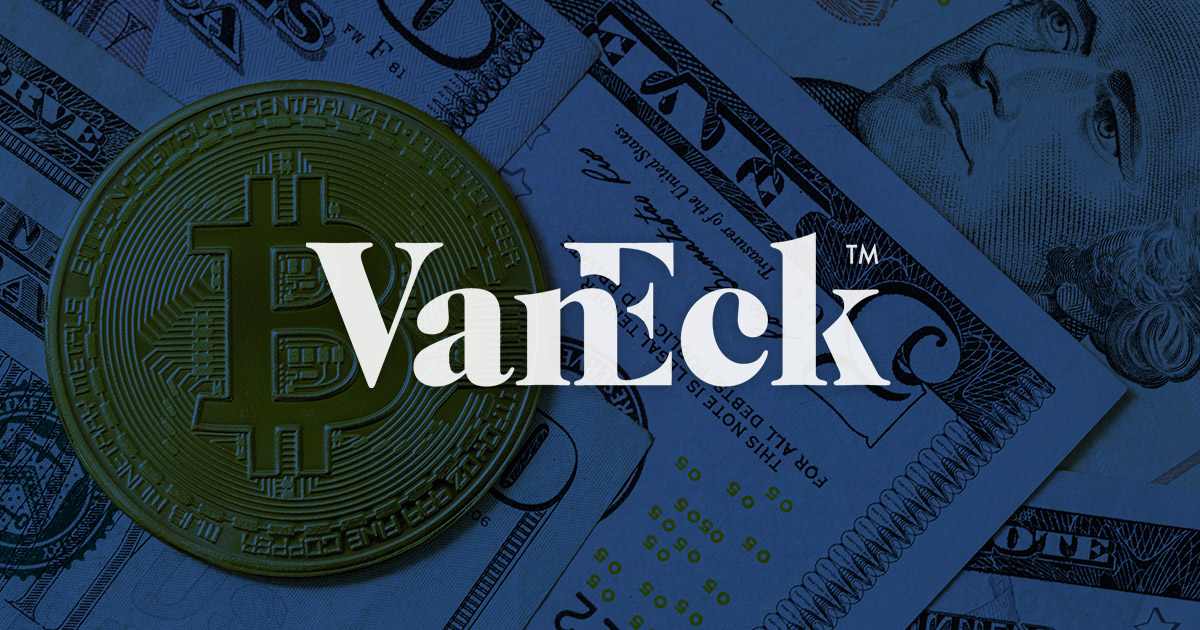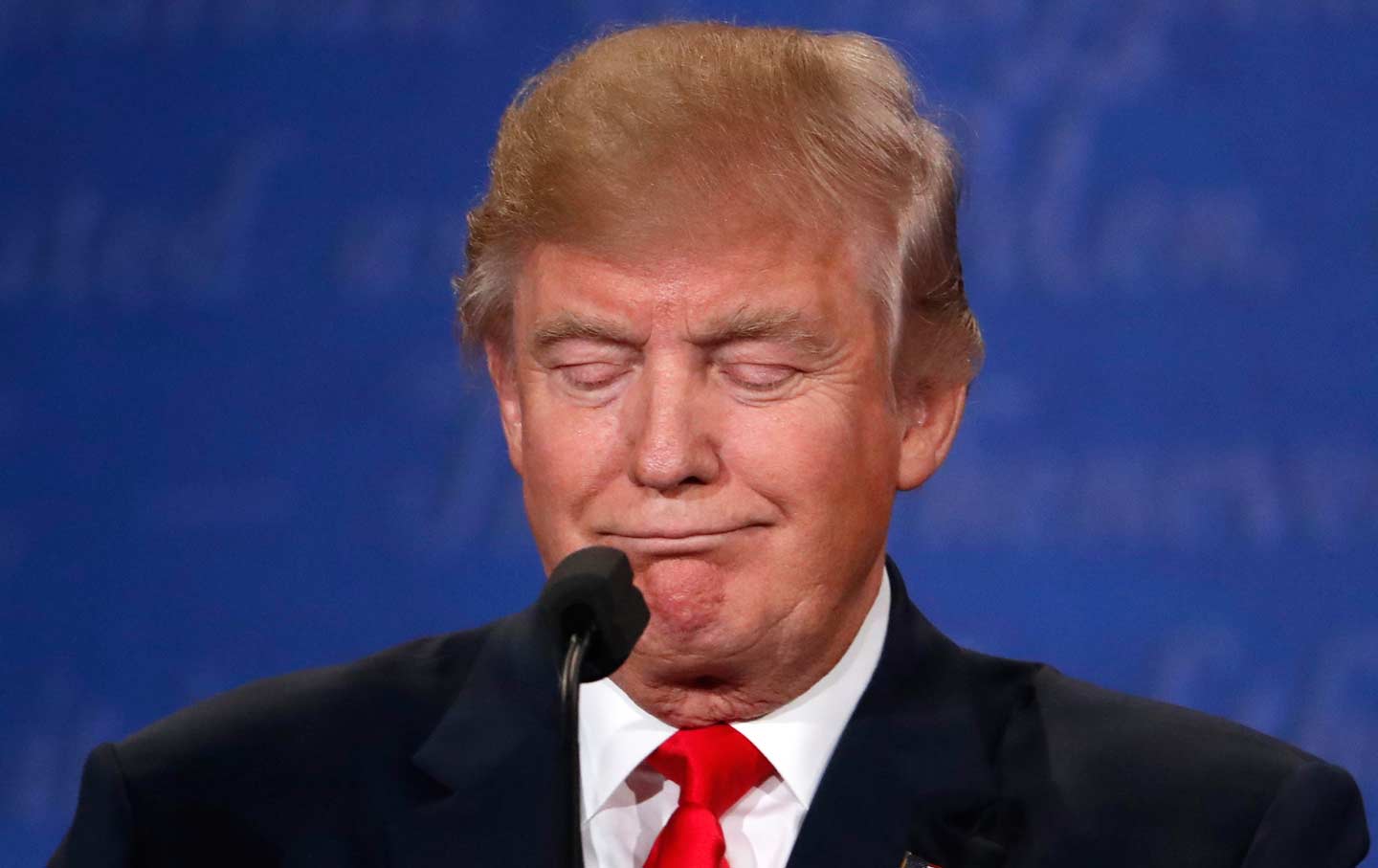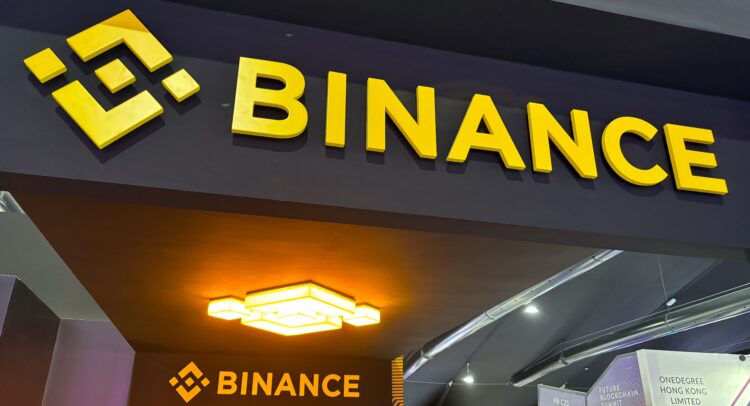Donald Trump’s proposal to make Bitcoin a national strategic reserve asset is gaining traction, with ETF issuer VanEck and Senator Cynthia Lummis backing the idea.
The financial industry is lending its backing to Donald Trump‘s proposal to render Bitcoin the most valuable asset in the country. The exchange-traded fund (ETF) issuer, which manages $118 billion in assets, endorses the concept of a Bitcoin strategic reserve, which was introduced by President Trump at the crypto conference in July.
“For immidiate release: VanEck Endorses Strategic Bitcoin Reserve. No need for ‘sources’ we just tell you ourselves,”
Sigel mentioned on his X post, Nov. 20
Supporting Strategic Reserve Asset
The endorsement follows the proposal of Wyoming Republican Senator Cynthia Lummis to Congress. In addition, she proposed the BITCOIN Act, which was titled “Boost Innovation, Technology, and Competitiveness through Optimized Investment Nationwide” earlier this year.
Pennsylvania subsequently implemented the initiative by introducing the act that would permit the most valuable digital asset in the world to be classified as a strategic reserve. One of the swing states in the U.S. election this year would allocate 10% of its strategic reserve for Bitcoin if the measure were to pass.
Satoshi Action Fund, the advocacy group for Bitcoin that endorses this concept, has engaged in discussions with 10 additional states regarding the implementation of comparable regulations in their legislation.
VanEck’s cryptocurrency product performance
VanEck is recognized as one of the world’s largest asset managers who endorse Trump’s concept. In 2017, it was also recognized as the first company to propose a Bitcoin ETF based on futures in the United States.
The future of the nation’s financial budget, which is currently dominated by gold, will be influenced by the bill’s passage by Congress. It would also permit the retention of Bitcoin possessed by the United States, which is estimated to be worth $6.4 billion at approximately 69,370 BTC.
The BITCOIN Act will enable the United States government to acquire 1,000,000 BTC over the next five years or 200,000 BTC annually.



